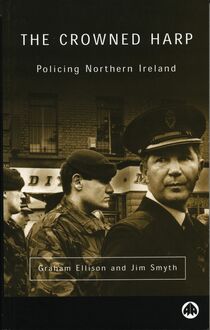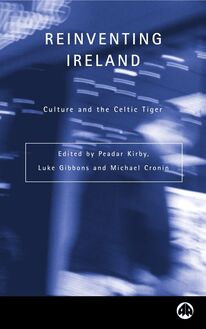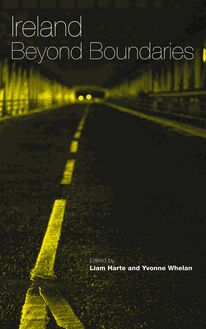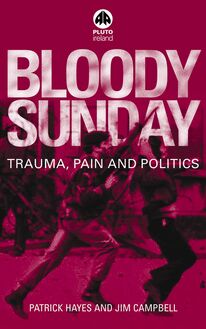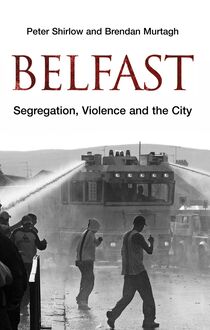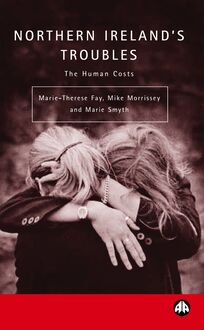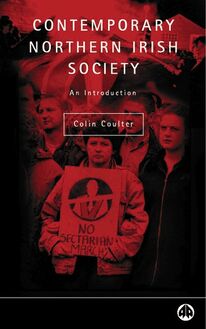The Crowned Harp , livre ebook
232
pages
English
Ebooks
2000
Obtenez un accès à la bibliothèque pour le consulter en ligne En savoir plus
Découvre YouScribe et accède à tout notre catalogue !
Découvre YouScribe et accède à tout notre catalogue !
232
pages
English
Ebooks
2000
Obtenez un accès à la bibliothèque pour le consulter en ligne En savoir plus
Publié par
Date de parution
20 mai 2000
Nombre de lectures
3
EAN13
9781849640329
Langue
English
Poids de l'ouvrage
1 Mo
They analyse its perceived close relationship with unionism and why, for many nationalists, the RUC embodied the problem of the legitimacy of Northern Ireland, arguing that decisions made on the organisation, composition and ideology of policing in the early years of the state had consequences which went beyond the everyday practice of policing.
Examining the reorganisations of the RUC in the 1970s and 1980s, Ellison and Smyth focus on the various structural, legal and ideological components, the professionalisation of the force and the development of a coherent, if contradictory, ideology.
Introduction
1. Policing Nineteenth-Century Ireland: Setting the Parameters
2. Policing After Partition: Constructing the Security Apparatus
3. Policing Under Stormont
4. The Impact of Civil Rights on Policing: Collapse and Failed Reform
5. Criminalisation and Normalisation: The Counter-Insurgency Solution
6. Legitimacy, Counter-Insurgency and Policing: The Legacy of the 1970s
7. Shooting to Kill?
8. Collusion and Death Squads
9. Symbolism, Surveys and Police Legitimacy
10. Epilogue: The Patten Report on the RUC
Notes
Bibliography
Index
Publié par
Date de parution
20 mai 2000
EAN13
9781849640329
Langue
English
Poids de l'ouvrage
1 Mo
